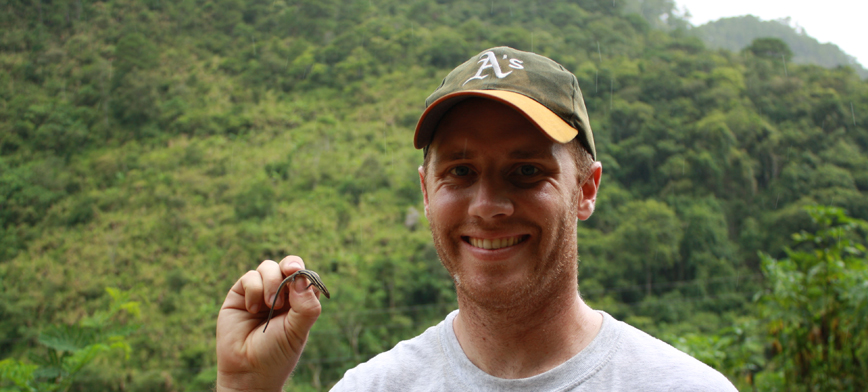Understanding the origins of diversity has driven the science of evolutionary biology since Darwin. Dr. Anthony Barley brings integrated, cutting-edge approaches to this beguiling question. A researcher at the University of California, Davis, Barley's interests are in genetics, evolution and science education.
His research focuses on resolving the evolutionary mechanisms that generate and maintain genetic and phenotypic diversity across natural populations and through time. He integrates data from genomic, field and natural history collection-based studies, and statistical approaches from the fields of population genomics and phylogenomics to address fundamental questions about the origin and maintenance of biodiversity. Barley's empirical work motivates computational research investigating the goodness-of-fit of evolutionary statistical models to genomics datasets.
Dr. Barley completed a PhD in ecology and evolutionary biology at the University of Kansas in the Biodiversity Institute and a postdoctoral research position at the University of Hawai’i. Barley is interested in many aspects of evolutionary biology and conservation in reptiles and amphibians.
After joining curator Rafe Brown’s lab at the University Kansas, Barley became interested in understanding how evolutionary processes generate different speciation patterns in evolutionary radiations, a question he began to address using a group of Southeast Asian lizards. His dissertation research has focused on species limits, biogeography and landscape genetics in Philippine sun skinks. As a graduate student, Barley performed fieldwork in the Philippines, Mexico and in the Mojave Desert
in California.
This presentation is part of the Science and Mathematics Colloquium series in the College of Integrative Sciences and Arts at ASU Polytechnic campus.
